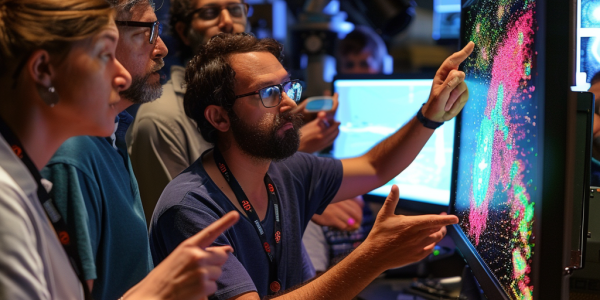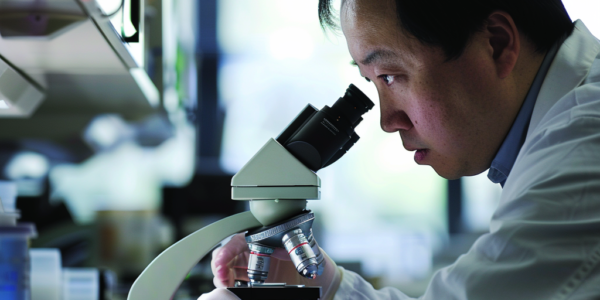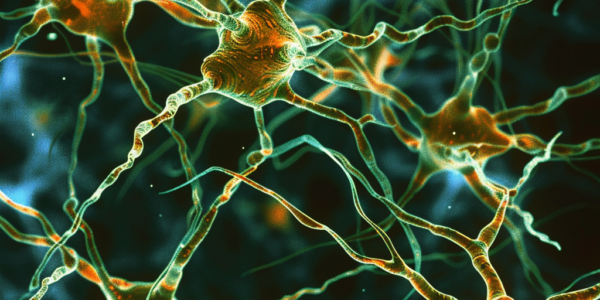The Family That Walks On All Fours: A Unique Medical Mystery
Learn about The Family That Walks On All Fours in Turkey, a unique case that baffled scientists. Despite initial speculation of ‘devolution’, further research revealed a diagnosis of Cerebellar Ataxia, Mental Retardation, and Dysequilibrium Syndrome (CAMRQ). Discover how a physiotherapist and specialized equipment helped the children walk upright, offering hope and a new perspective on this intriguing phenomenon.
Scientists Capture First-Ever X-ray Image of Single Atom, Opening New Possibilities in Atomic Research
Scientists have achieved a groundbreaking feat in atomic research by capturing the first-ever X-ray image of a single atom. This advancement allows for the identification and measurement of individual atoms’ chemical states, offering unprecedented insights into the atomic world. The study opens up new possibilities for studying atoms and their behaviors, with potential impacts on environmental and medical sciences. This milestone in atomic research paves the way for transformative discoveries in understanding the fundamental building blocks of matter.
Scientists Discover Evidence of Planet Nine in Our Solar System
Scientists have made a groundbreaking discovery pointing to the existence of an unknown planet within our solar system, referred to as Planet Nine. Leading astronomer Konstantin Bogytin and his team have uncovered compelling evidence supporting this theory, highlighting the influence of an undiscovered planet on the unusual orbits of trans-Neptunian objects. The activation of the Vera C Rubin Observatory in Chile is expected to provide further insights into this mysterious celestial body.
Chinese Scientist He Jiankui Resumes Genome Editing Research
Controversial scientist He Jiankui, known for creating genetically edited babies, has returned to his lab to focus on Alzheimer’s and genetic disease research. Despite backlash and legal consequences, he plans to resume human embryo genome editing within regulations. His actions have sparked global condemnation and reignited debates about the ethical boundaries of gene editing.
April’s Total Solar Eclipse: A Scientific Bonanza
April’s total solar eclipse is expected to be a scientific bonanza, offering a rare opportunity for new spacecraft and telescopes to study the event. The moon’s close proximity to Earth will provide an extended period of darkness, and the sun’s increased activity could result in dramatic bursts of plasma. Scientists are eager to take advantage of totality’s densely populated corridor from Mexico to Canada to conduct experiments and gain a better understanding of our planet.
NASA’s Billion-Dollar Mission to Stop Potentially Devastating Asteroid
NASA paid a man $1 billion to prevent the potentially devastating asteroid Bennu from hitting Earth. The mission involved sending a spacecraft to retrieve a sample from the asteroid’s surface, providing valuable insights into potential disaster preparedness. The catastrophic impact of Bennu crashing into Earth would result in devastating consequences, highlighting the importance of ongoing research and initiatives in planetary defense.
Nematodes Discovered in Great Salt Lake, Challenging Long-Held Beliefs
Scientists at the University of Utah have discovered a third form of multicellular life in the Great Salt Lake – nematodes, or worms, thriving in its ultra-saline waters. This groundbreaking finding challenges long-held beliefs about the lake’s biodiversity and expands the understanding of nematode adaptability in extreme environments. The study’s use of advanced molecular techniques underscores the significance of the discovery, opening new avenues for research into the adaptability of organisms in hyper-saline environments.
Middle-Age Obesity Linked to Changes in Brain Neurons, Japanese Study Finds
Recent research from Japan has uncovered a fascinating link between middle-age obesity and changes in brain neuron shape, with potential implications for humans. The study focused on the impact of a protein called melanocortin-4 (MC4R) on obesity in rats, revealing that MC4R accumulates in primary cilia, affecting metabolism and fat-burning ability. The findings offer valuable insights into the complex relationship between neuronal shape and obesity, potentially paving the way for innovative approaches to weight management and metabolic health.
Scientists Make Groundbreaking Discovery in Understanding Ebola Virus Replication Process
Scientists in Canada and the U.S. have made a groundbreaking discovery in understanding the replication process of the deadly Ebola virus. The research sheds light on how the virus interacts with a human protein called ubiquitin and identifies a potential target for new drugs to prevent the disease. The study utilized a combination of experimental and computational methods to investigate the interaction between the Ebola virus VP35 protein and ubiquitin chains, leading to the identification of potential chemical compounds that could disrupt this interaction. This breakthrough offers a promising avenue for the creation of more effective therapies to combat the devastating outbreaks and high mortality rates of the Ebola virus.
Scientists Discover Unconventional Superconductor in Nature
Scientists have identified the world’s first ‘unconventional’ superconductor, miassite, found in nature. This groundbreaking discovery could revolutionize various industries and pave the way for technological advancements in the near future.










